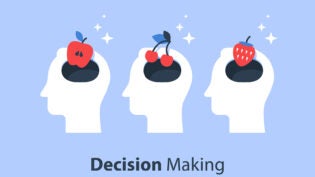
Lately I’ve noticed consumers of information are very “anti-hype.” I believe this has been caused by market fatigue (too many people making similar outlandish promises), but also because people have told them they should be anti-hype.
The problem: Most people don’t understand what hype really is.
First, it helps to know that hype is simply a slang form of the word “hyperbole.” Webster’s Unabridged Dictionary defines hyperbole this way: “Exaggeration for effect, not to be taken literally. Example: This story is as old as time.”
Hype is then defined as: “Deception; especially, loud, exaggerated promotion or publicity.”
Here’s my definition of hype:
“Promise without Proof”
By my definition, it’s perfectly okay to be enthusiastic in sales copy or any persuasive medium—so long as there is proof to back up the claims. Without proof, claims are just hype.
But with proof, a claim is justified. It becomes a legitimate promise a potential customer can expect to receive should he or she buy the product or service being advertised. A bold promise with proof to back it up is a stroke of genius. Especially if it’s a promise everybody else is afraid to make.
This should not be classified as hype, but rather as good advertising. Some of the symptoms of hype people point out are, I believe, symptoms of greed. And when a person becomes seized by greed, they are more likely to “try too hard” in their copy. This often manifests as hype.
Unfortunately, many people assume that something is hype just because it has an exclamation point behind it, or it is written in a persuasive manner. But just as a knife on the dinner table doesn’t indicate meat is being served, neither does an exclamation point at the end of a sentence indicate hype is being served.
The key to remember is this: Hype is deception. It is a promise without proof.
As you read and study sales copy, use this definition as your measuring stick—and be careful of labeling as hype all forms of persuasive communication.
P.S. What are your thoughts? How do YOU define hype?
This article was originally published by Ryan Healy
Published: September 25, 2013
2808 Views
2808 Views














